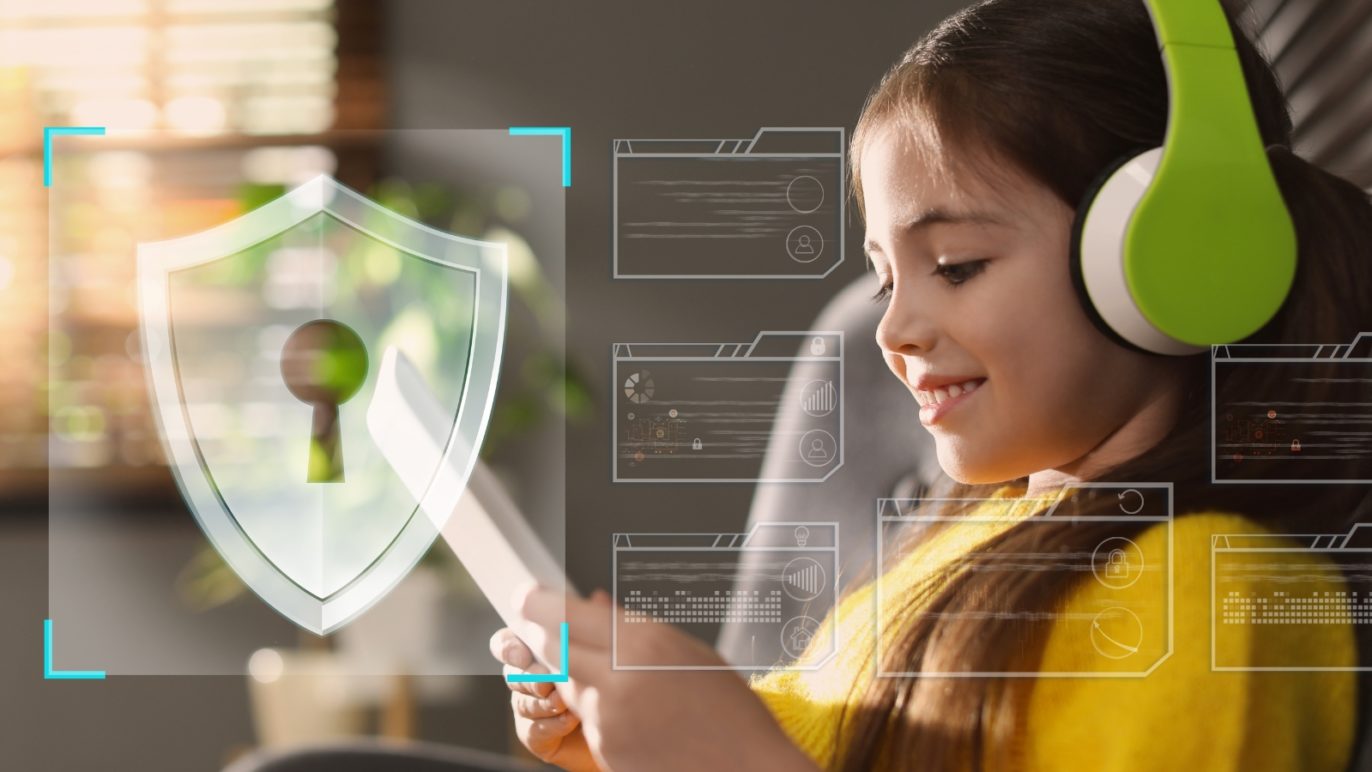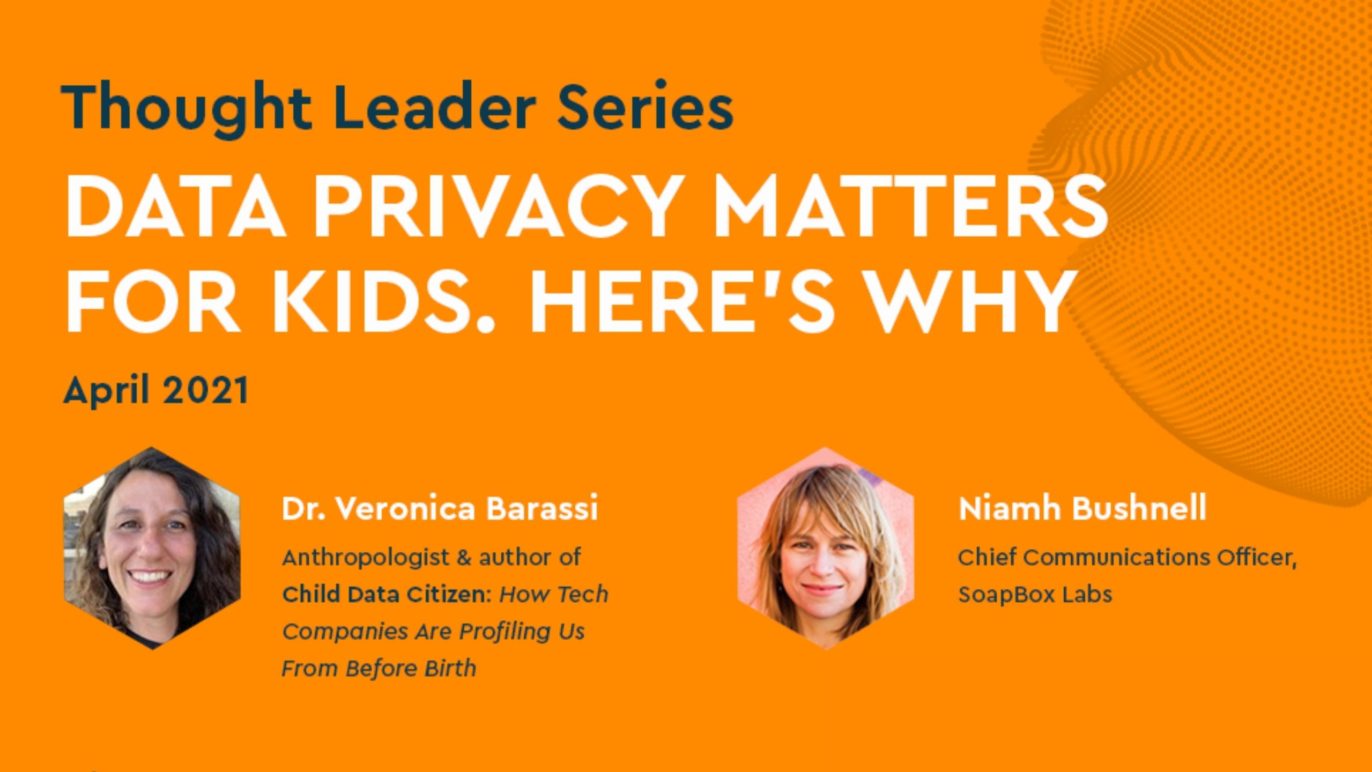Privacy-first voice AI
We’re a privacy-first AI company
Children’s need for digital and data privacy protections far exceeds that of adults. Our privacy-by-design approach informs every process and system in the company, from how we build and deploy our voice engine, to how we generate, present, and contextualize the voice data we return back to teachers and students.


Six things about voice data privacy at SoapBox
- We are externally audited for compliance with COPPA and GDPR.
- All voice data sent to our system is anonymized and de-identified.
- All voice data is encrypted in our system (in transit and at rest).
- Our clients decide on the jurisdiction for data processing and whether data is retained post-processing.
- Any voice data retained in our system is only used to improve the accuracy of our voice engine and is never used for marketing or shared with third parties for any other purpose.
- The fundamental digital rights of end users are protected by our approach (e.g., right of deletion).
PRIVO has been working with SoapBox Labs since its founding in 2013. We’re proud to count them as one of our esteemed customers and partners.
Denise G. Tayloe, Co-founder & CEO, of PRIVO – Safe Harbor Service
What is privacy-by-design?
SoapBox believes in a proactive approach to voice data privacy. That approach, called privacy-by-design, means that we proactively take steps and build processes that ensure we never identify an individual child when processing their voice data.
In this video, CEO Martyn Farrows explains further.





